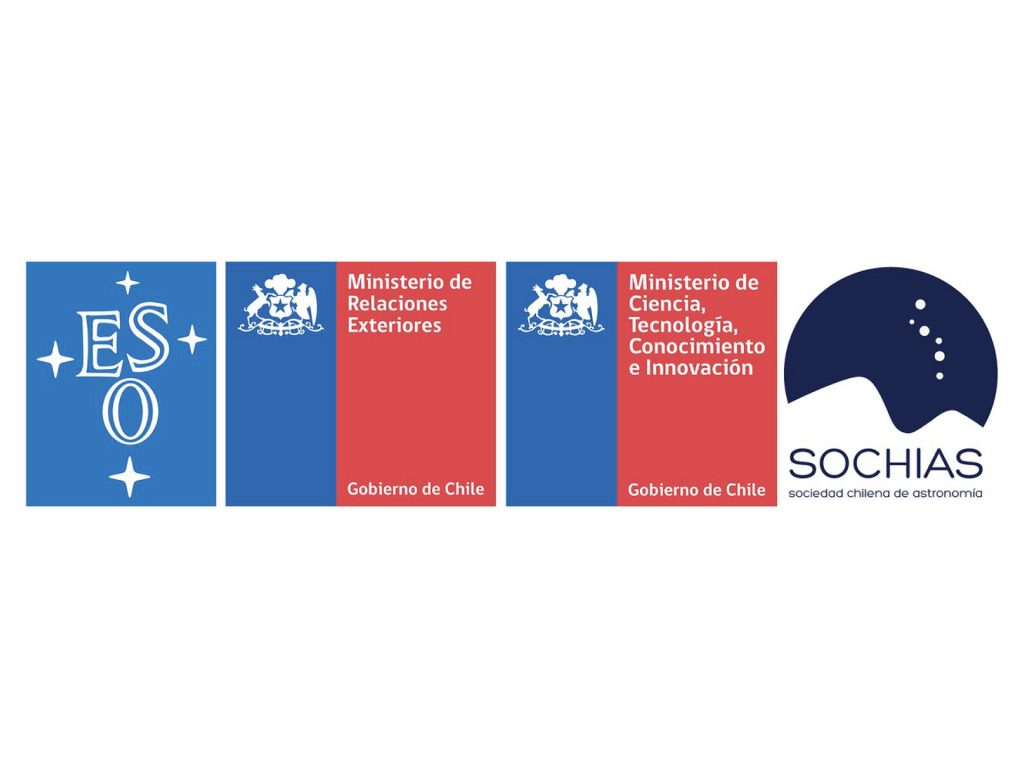As part of the Ministry of Economy, Development, and Tourism’s Sustainable Productive Development (DPS) Program, CORFO has awarded funding to four Technological Programs focused on the use and adoption of artificial intelligence (AI) in Chilean industries, leveraging over $20 billion (CLP) in public-private investment for the health and food sectors. One of these Technological Programs will be co-executed by DICTUC S.A. and the UC School of Engineering, specifically aimed at introducing AI-based solutions in the Chilean food industry.

NEW OPPORTUNITIES FOR FOOD VALORIZATION WITH ARTIFICIAL INTELLIGENCE (NOVA-AI)
NOVA-AI will drive the transformation of the Chilean food industry through the development and transfer of AI-based solutions designed to address gaps in efficiency, sustainability, and sophistication. Its strategy is structured around three pillars:
1) Optimization of processes and supply chains using smart sensors, computer vision, and predictive models to enhance productivity, traceability, and reduce waste.
2) Revalorization of food waste, applying AI to identify the functional potential of byproducts and develop new high-value ingredients and products.
3) Market and consumer intelligence, analyzing large data volumes to accelerate innovation and align supply with market preferences.
At the UC, the NOVA-AI program will be led by Full Professor Pedro Bouchon from the Department of Chemical and Bioprocess Engineering, and will involve a group of distinguished collaborating academics from the same department: José Miguel Aguilera, Carolina Moreno, Franco Pedreschi, Wendy Franco, and Pedro Saa; along with collaborations from Full Professor Domingo Mery from the Department of Computer Science, Assistant Professor Hans Löbel from the Departments of Computer Science and Transport and Logistics Engineering, and Assistant Professor Carolina Martínez from the Department of Industrial and Systems Engineering.
Leveraging the multiple opportunities presented by AI for productive development, this Technological Program expects to achieve significant impacts in the food industry, resulting in process optimization and automation, new technologies for traceability and food safety, the creation of a high-value circular economy, and increased competitiveness and innovation within an industry that collectively represents 25% of exports and 10% of Chile’s Gross Domestic Product.


